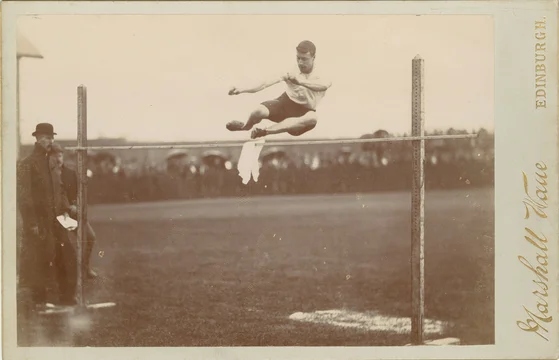
Chief Judge Connolly's scheduling order requires parties to rank their Daubert motions, and gives the Court the discretion to automatically deny all lower-ranked motions if it denies any one motion. In other words, if a party files five Daubert motions, and the Court grants the first-ranked motion but denies the second, the Court can then deny motions three, four, and five:
If the Court decides to deny a motion filed by the party, barring exceptional reasons determined sua sponte by the Court, the Court will not review any further Daubert motions filed by the party.
It has a similar provision for summary judgment motions Thus, it's important that parties split up their motions and rank them. The form scheduling order specifically requires motions relying on different facts to be filed separately:
Motions to Be Filed Separately. A party shall not combine into a single motion multiple motions that rely in whole or in part on different facts.
How important is this provision? Well, yesterday in Koninklijke Philips N.V. v. Telit IOT Solutions, Inc., C.A. No. 20-1708-CFC (D. Del. Dec. 12, 2023), Chief Judge Connolly denied a party's effort to exclude five expert witnesses on the grounds that they should have been separate motions, because they include separate facts:
The Scheduling Order issued on June 27th, 2022 requires that the parties "not combine into a single motion multiple motions that rely in whole or in part on different facts." D.I. 82 at 14. I nonetheless have before me a single motion that seeks to exclude the testimony of five expert witnesses based on different facts—that is, for each expert, the qualifications of that expert and the opinions disclosed in that expert's own reports. Because Telit violated the Scheduling Order, I will deny its motion.
Id. at 2. Ouch.
The Court didn't discuss whether one combined brief—as opposed to motion—is acceptable. Nothing in the form order appears to preclude combined briefing (as opposed to motions), but we'll keep an eye out in case there are further developments on that.
An Interesting ETSI Point
It may be cold comfort for the moving party, but Chief Judge Connolly went on to provide guidance for trial indicating that he likely would have denied the motions anyway.
The motions apparently sought to exclude expert opinion relating to whether a party violates European Telecommunications Standards Institute (ETSI) policy by not filing certain declarations regarding its intellectual property before submitting a technical proposal.
The accused infringers argued that the Federal Circuit had previously held, as a matter of law, that failing to submit such a declaration violated the policy. The patentee disagreed. The Court agreed with the patentee, holding that the Federal Circuit's previous decision turned on the evidence in that case, and does not necessarily control here:
Because the Federal Circuit reversed the district court's decision on a factual basis, I agree with Philips that Core Wireless is not binding precedent for the principle that a party violates ETSI IPR Policy as a matter of law by not filing IPR [intellectual property right] declarations before submitting a technical proposal. Accordingly, I reject Telit's argument that Philips' experts are offering opinions that are contrary to controlling precedent.
That's definitely an noteworthy holding, if you happen to have cases involving the ETSI.
If you enjoyed this post, consider subscribing to receive free e-mail updates about new posts.





